Search
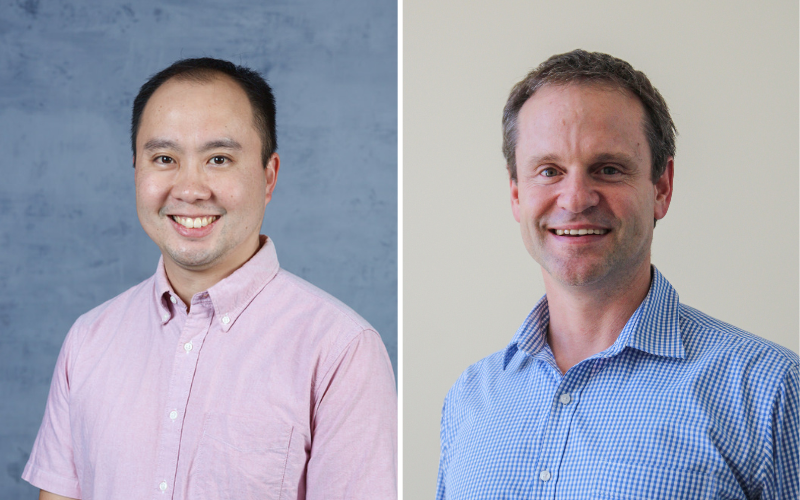
News & Events
Research into chronic lung disease in Indigenous children and a novel RSV treatment boosted thanks to WACRF grantsWal-yan Respiratory Research Centre researchers will use almost $1.2 million in WA Child Research Fund grants to determine why Indigenous children develop bronchiectasis at such high rates after contracting bronchiolitis, and to test a promising novel treatment for respiratory syncytial virus (RSV).
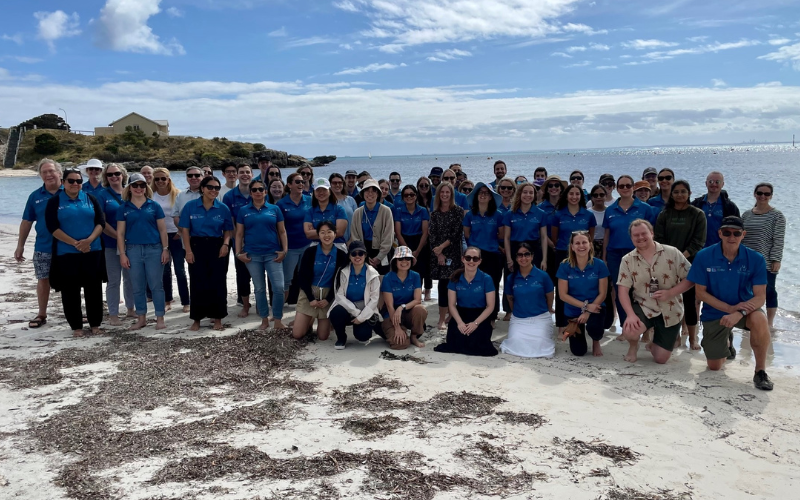
News & Events
Wal-yan Scientific Retreat: Fostering Collaborative ExcellenceThe Wal-yan Respiratory Research Centre's dedicated team members, along with special guests, embarked on a journey to Wadjemup (Rottnest Island) on 9 and 10 November.
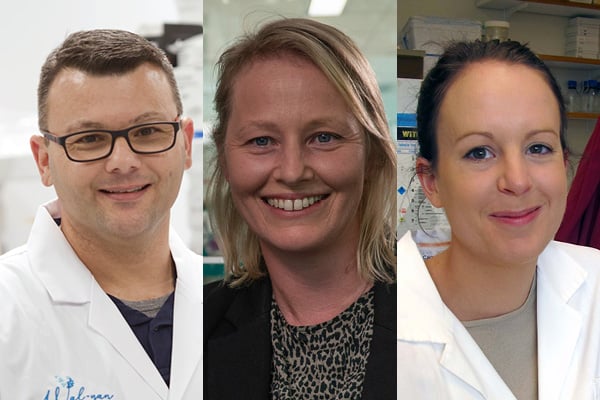
News & Events
Researchers share in almost $1.8 million for groundbreaking child health respiratory researchThree researchers from the Wal-yan Respiratory Research Centre will share in almost $1.8 million in grants to continue groundbreaking research to tackle childhood asthma prevention and lung disease.
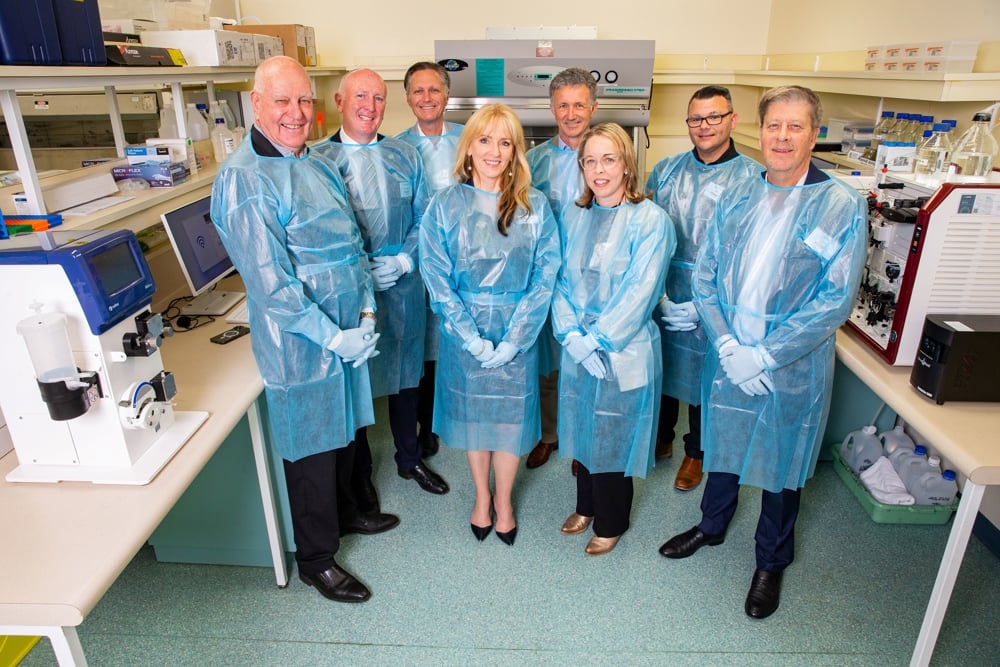
News & Events
Superviruses to fight superbugs: Perth's first phage manufacturing facility is officially openPatients battling antibiotic-resistant superbugs will soon have access to life-saving WA-made therapies that could help treat lung, skin and ear infections as well as bacterial infections like Golden Staph. Western Australia's inaugural phage manufacturing facility – spearheaded by a team at the

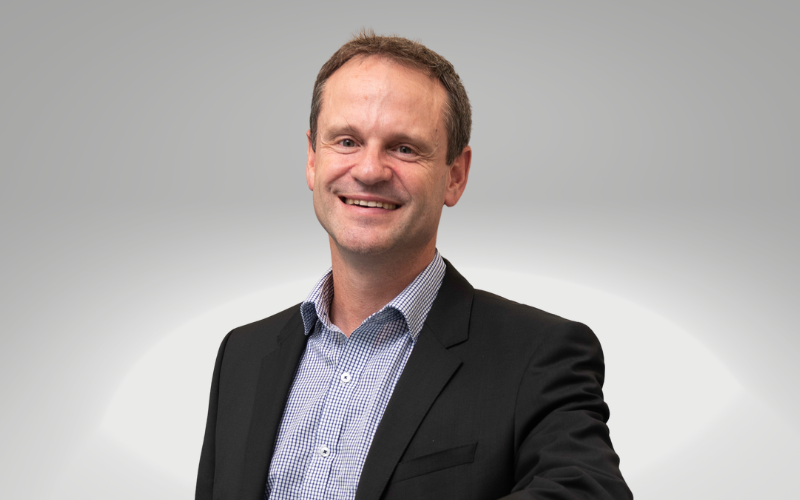
News & Events
Wal-yan Centre welcomes Professor André Schultz as new HeadIn an exciting development for the Wal-yan Respiratory Research Centre, Professor André Schultz has been appointed as the Centre’s new Head, succeeding Professor Stephen Stick.

Differential cell counts using center-point networks achieves human-level accuracy and efficiency over segmentation Differential cell counts is a

Progress in Model Systems of Cystic Fibrosis Mucosal Inflammation to Understand Aberrant Neutrophil Activity In response to repeated lung infection

Assessment of early lung disease in young children with CF: A comparison between pressure-controlled and free-breathing chest computed tomography

Mucus accumulation in the lungs precedes structural changes and infection in children with cystic fibrosis. Abstract Although destructive airway
